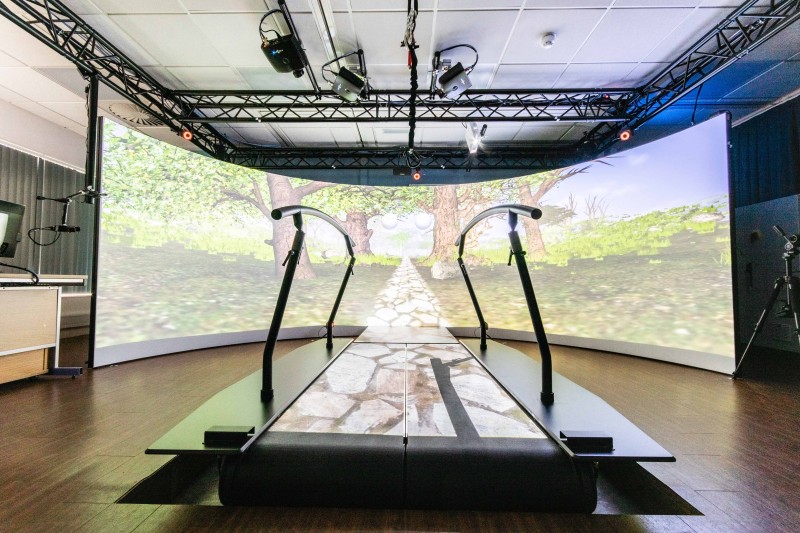Study Finds Mobile Walking Trackers Enhance Recovery Following Hip Replacement Surgery
A simple walking monitor, like a FitBit, can increase the physical activity levels of people who undergo total hip replacement surgery, as well as improving their walking style and mental wellbeing. Those are the findings of a pilot study by Bournemouth University.
The study, published in the journal Cyborg and Bionic Systems, could offer a simple, low cost, intervention to improve quality of life after the operation.
Dr Shayan Bahadori of Bournemouth University’s Orthopaedic Research Institute, who led the study, said: “Activity trackers have become a part of everyday life for many people. As well as showing that simple activity like outdoor walking can motivate people to do more, we wanted to show that the older generation want to remain active and are willing to use new technology to help them.”
Whilst previous studies have used step-count as a measure of activity amongst hip surgery patients, the research team believe this is the first to study the effectiveness of outdoor distance walking.
“We encouraged people to embrace the outdoors,” explained Dr. Bahadori. “Apart from enjoying the mental health benefits of their local environment, this typically prompts individuals to take longer strides and improve their pace. Simply counting steps doesn’t achieve this level of engagement.”
The researchers recruited a group of twelve people aged over sixty who had recently had hip replacements. All participants were given a FitBit device, connected to the relevant mobile phone app.
Half of the group were given daily walking targets which increased by 10 percent every week for five weeks. The other half were not given any targets but were told to monitor their daily step count and to walk as much as they feel able – in line with standard NHS guidance for promoting walking among adults.
At the start and end of the trial, they visited the assessment centre at Bournemouth University, where the research team used specialist equipment to analyse their gait – looking at factors such as their walking speed and step length. They were also asked to keep a daily diary of their physical activity and complete a questionnaire about their mental well-being.
At the end of the trial, all patients in the group that was set targets had increased their walking distance by between 66% and 183%. Of those in the control group, only two participants had increased their step count – by 22% and 25%.
Gait analysis also found that those in the group with targets had improved their walking speed and step length. They also reported much higher scores for their psychological well-being.
“Previously, we’ve witnessed various complicated interventions aimed at hip surgery patients. However, the elegance of this approach lies in its simplicity,” Dr Bahadori explained. “This method is accessible to everyone at all ages who currently own any type of activity monitor, and holds promise in addressing a range of health issues beyond hip replacements,”
The researchers are now planning to carry out the trial on a larger scale, and to study whether it could be an effective approach to help cancer patients keep active.


 The gait analysis machine at BU’s Orthopaedic Research Institute.
The gait analysis machine at BU’s Orthopaedic Research Institute.